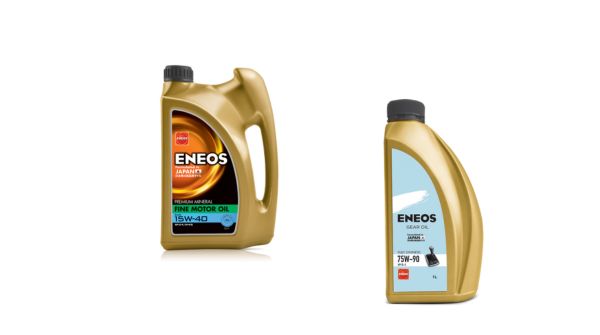The automobile industry has significantly transformed over the years. More and more robust engines and oils are being made with cutting-edge formulations. Does that make you think you are free to change oil every few months? If that’s the case, auto repair shops won’t throw a sticker on your windshield asking you to come back again for an oil change.
The engine is the lifeblood of any vehicle, but just like everything else –it can die too.
An engine oil has a limited lifespan and can restrict the performance of your vehicle when not replaced on time. So, yes, your engine oil has its deadline, too. However, many people constantly question when to change oil.
While twice a year is recommended by many mechanics and manufacturers, the frequency may depend on various factors such as driving habits, type of vehicle, type of oil, etc. Learn what determines the frequency of oil changes and their longevity.
Different Types of Engine Oil
Engine oil is not just about one formulation. You can find different types of oil designed for different needs of different vehicles, and they are driving factors in deciding the frequency of oil changes.
Mineral or Conventional Engine Oil:
As the name suggests, this type of engine oil is made of minerals and is crude in nature. It is the oldest form of oil that comes at an affordable rate, but may not be highly effective. It is mainly used for simple and less heavy engines and has a lower replacement duration.
Semi-Synthetic Oil:
Semi-synthetic oils offer higher performance compared to conventional oils. They are a blend of mineral and synthetic compounds. Synthetic blends are available at a mid-range price with a bit higher oil change frequency.
Fully Synthetic Oil:
Synthetic oil or fully synthetic engine oil is a high-quality formulation and technology engineered to amplify the engine’s performance. It can run through seasons, tolerating high to low temperatures.
Factors Affecting the Lifespan of Engine Oil
With the right care and maintenance, we can actually enhance the lifespan of engine oil. Here are some common factors that can affect the engine oil’s longevity:
Oil Type:
How long your engine oil can last largely depends on its quality and formulation. This means using the type of oil. For example, synthetic engine oils have a longer lifespan due to their superior quality as compared to conventional oil. Good oil protects your vehicle’s engine from degradation.
Engine Design:
Your engine plays a great role in increasing the lifespan of the oil used on it. An old engine will consume all the oil and make it dirty in less time. Meanwhile, modern engines have a more advanced filtration system that helps reduce emissions. This extends the life of engine oil.
Fuel Quality:
The quality of fuel is another factor that determines how long the oil will last. A high-sulfur can contaminate engine oil easily and influence its efficiency.
Wear and Tear:
If the engine of your automobile collects mileage, its internal components may wear out. It begins to release metal particles that can decrease the oil’s lifespan.
Factors Affecting Oil Change Frequency
The frequency of oil changes can vary for different car or motorcycle owners. Listed below are some common factors that influence engine oil replacement:
Vehicle Type:
The type of vehicle you use is the first thing that will decide how often you should change its oil. A sports car may require more frequent oil changes than a car with a performance motor.
Quality of Engine Oil:
The quality engine will let you know how long it will last. If you use a high-grade oil, high-quality formulation, such as synthetic oils, it will require fewer oil changes.
Driving Conditions and Habit:
Your driving conditions and specific habits, like extreme weather conditions, traffic jams, and accelerated oil breakdown, will influence the frequency of oil changes.
Estimated Engine Oil Changes
| Normal Driving | 5000 – 7500 km | or 6 months |
| Severe Driving | 3000- 5000 km | or 3 months |
| Extended Intervals | Up to 10,000 km | or 12 months approx. |
Wrapping Up
Whether you are planning a DIY oil change or seeking professional guidance, the factors listed above will surely help. Changing your engine oil on a regular basis can give you peace of mind for any long or short trips. However, you should understand the importance of gear oil. The other parts of the vehicle, apart from the engine, also need to be equally lubricated to increase performance and prevent them from rusting. Keep your transmissions, differentials, and gearboxes fully oiled. A healthy engine and healthy car parts are the keys to smooth driving!
























